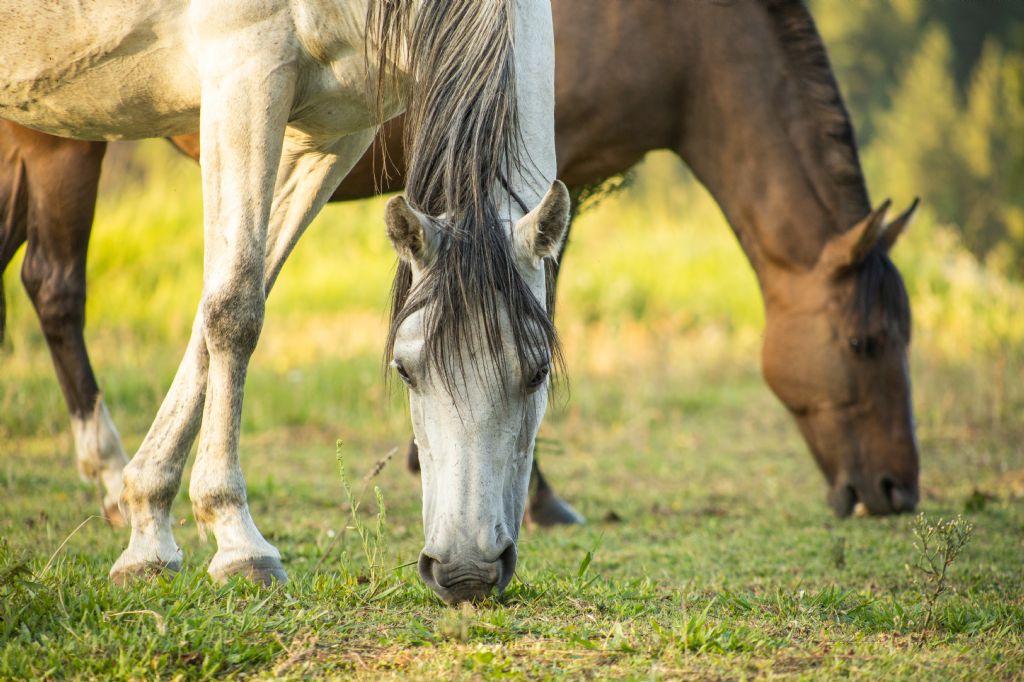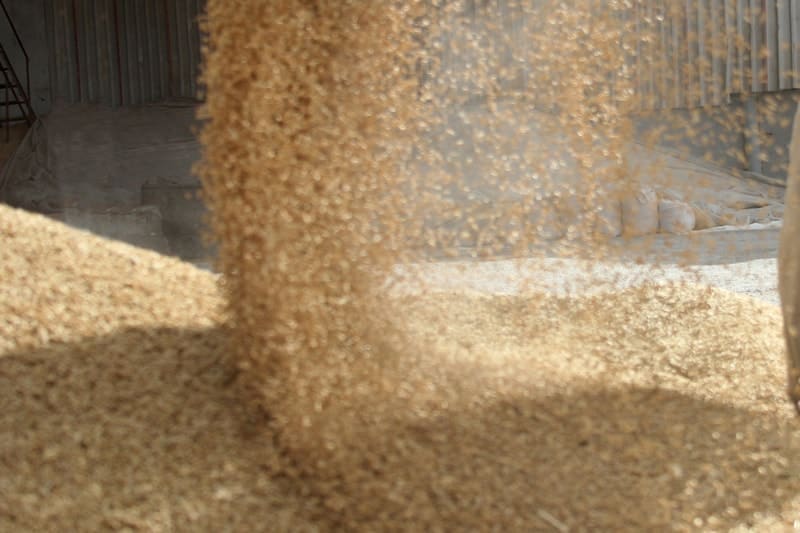Bluegrass News
It can be difficult to maintain an appropriate condition score in good-doers and the risk of obesity poses a big concern to owners and breeders.
Obesity in pregnant mares can lead to significant health concerns to both mare and foal, with an increased risk of dystocia, increase risk of insulin sensitivity within foals, and reduced colostrum quality. Research by Robles et al 2018, found levels of inflammation were increased in obese mares during parturition and more foals from obese mares were diagnosed with osteochondrosis.
Tips for overweight pregnant mares:
- Regular condition scoring - Monitor weight fluctuations and make appropriate management changes to avoid continual weight gain in overweight mares. Ideally, weekly weight recordings via a scale alongside condition scoring will help to track weight more accurately.
- Feeding a minimum of 2% body weight in dry matter per day - Restricting feed intake but avoiding long periods of fasting, slow feeders are good options for extending the eating time when on a restricted diet.
- Forage quality - Hay or haylage analysis to help identify the quality of forage. Steaming or soaking hay can be an option to help reduce non-structural carbohydrate content.
- Balancer - Swapping the fortified stud feed for s low-calorie stud balancer. Bluegrass Stamm 30 provides the key proteins, vitamins, and minerals to support foetal growth and development, and as it's low in calories it's ideal for those heavier mares.
For more information or guidance on feeding pregnant mares, contact our nutritional helpline
*Robles, M. E, Nouveau, C. Gautier et al. 2018. Maternal obesity increases insulin resistance, low-grade inflammation and osteochrondrosis lesions in foals and yearlings until 18 months of age.







.png)




